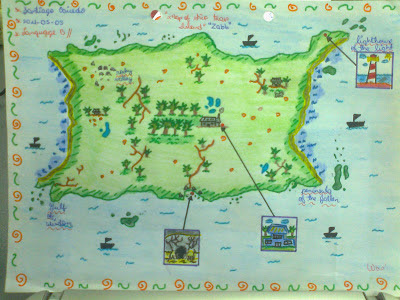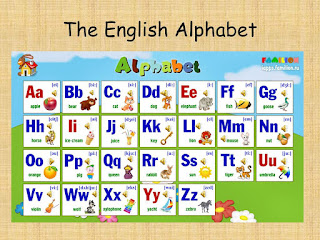Eeny Meeny Miney Moe
 |
| "Am I a real tiger or just a group of words? Let's see... eeny, meeny..." |
Certainly, all that is useless knowledge for ultimately you do not need any of it, but still in terms of understanding what is behind that which is your target language, to have a more complete perfect vision of those who create it, then it is healthy to know. A good starting point is something as trivial as to learn how to say DE TIN MARIN DE DO PINGÚE (I'm not really sure if it's spelled that way in Spanish anyway). Here two versions:
Eeny, meeny, miney, moe,
Catch a tiger by the toe.
If he hollers, let him go,
Eeny, meeny, miny, moe.
Eeny, meeny, miney, moe
Catch a baby by the toe
If it squeals let it go
Eeny, meeny, miny, moe.
The first one is more popular than the second. Actually, there are several more versions and one of them even has a racist side to it. Still all part of a good research and a healthy and wealthy learning process.
The first one is more popular than the second. Actually, there are several more versions and one of them even has a racist side to it. Still all part of a good research and a healthy and wealthy learning process.



Comments
I know that is important to know the grammar and rules when you are learning another language, but sometimes is boring. I don't know many of tongue twisters, riddles or some of those things, but I know some of idiomatic expressions such as; break a leg or keep an eye on.
And yeah you are right because if we really love the language that we are learning we search more and more, It could be about culture, traditions, foods and also religion. When we learn another language is not just to speak, it's to know another part of the world.
Having a better vocabulary and grammar helps a lot when learning the language.
Talking about tongue twisters, riddles and sayings I consider that they help us in a certain way to improve our level of English, therefore it must be of great importance within our learning process.
When I was a kid I was good at telling riddles and riddles but now that I'm older I don't remember many of them. I only know a few in English.